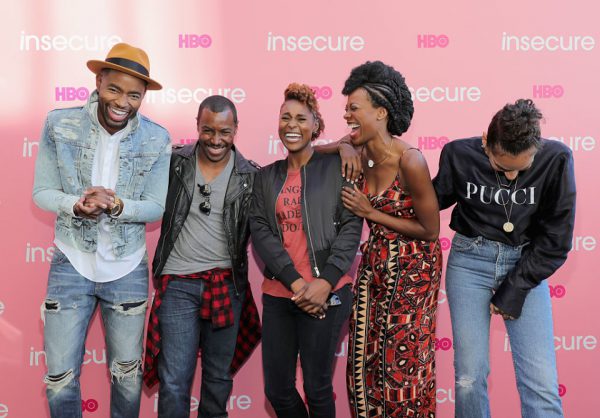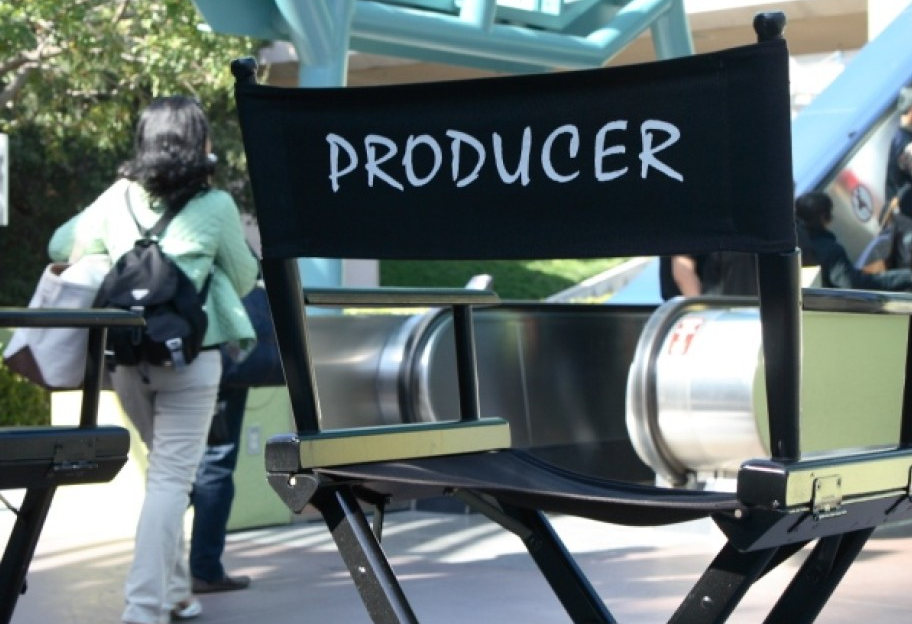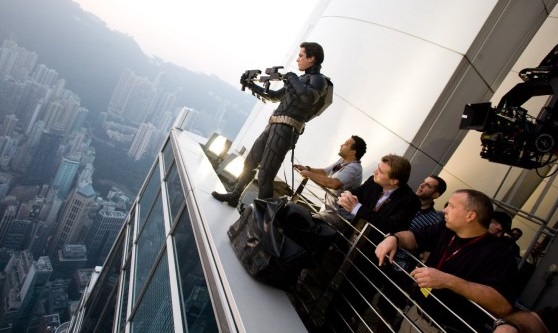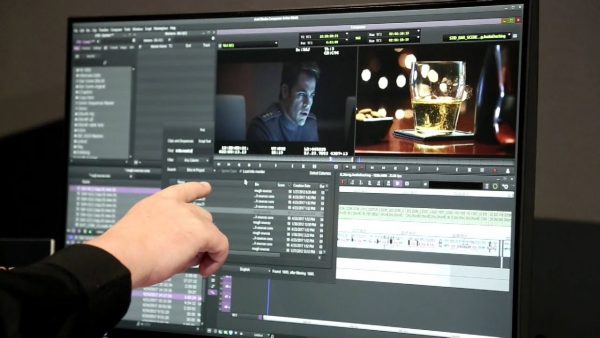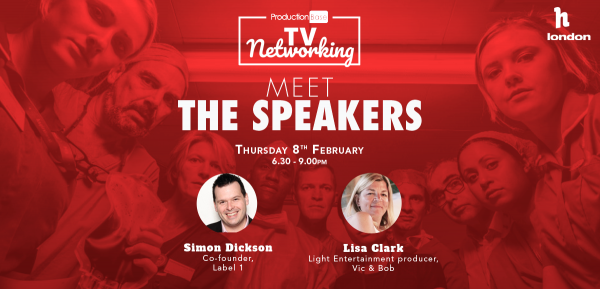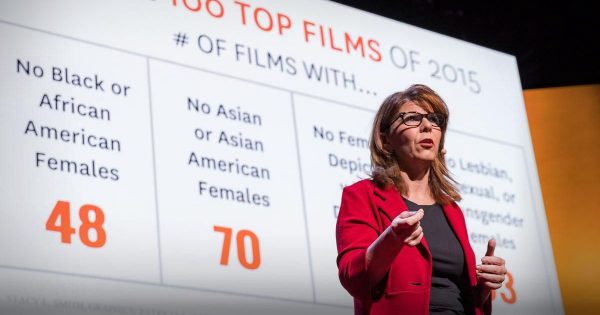
What is an Inclusion Rider?
An “inclusion rider” is a clause attached to an actor’s contract that makes stipulations about the diversity of the cast and the crew, in order to retain the actor services. It is essentially a contractual obligation that need to be adhered to by the company making the production – and it should ensure that diverse hiring in the film and TV projects they work on is guaranteed.
How Does It Work?
The idea was first coined by Stacey Smith, founder of the Annenberg Inclusion Initiative at the University of Southern California at her TedTalk, as she spoke about the positive outcomes that come from this method. She believed it could be a way to tackle Hollywood’s diversity problems, by removing the conscious/unconscious bias that people face in auditions, interviews and hiring processes.
